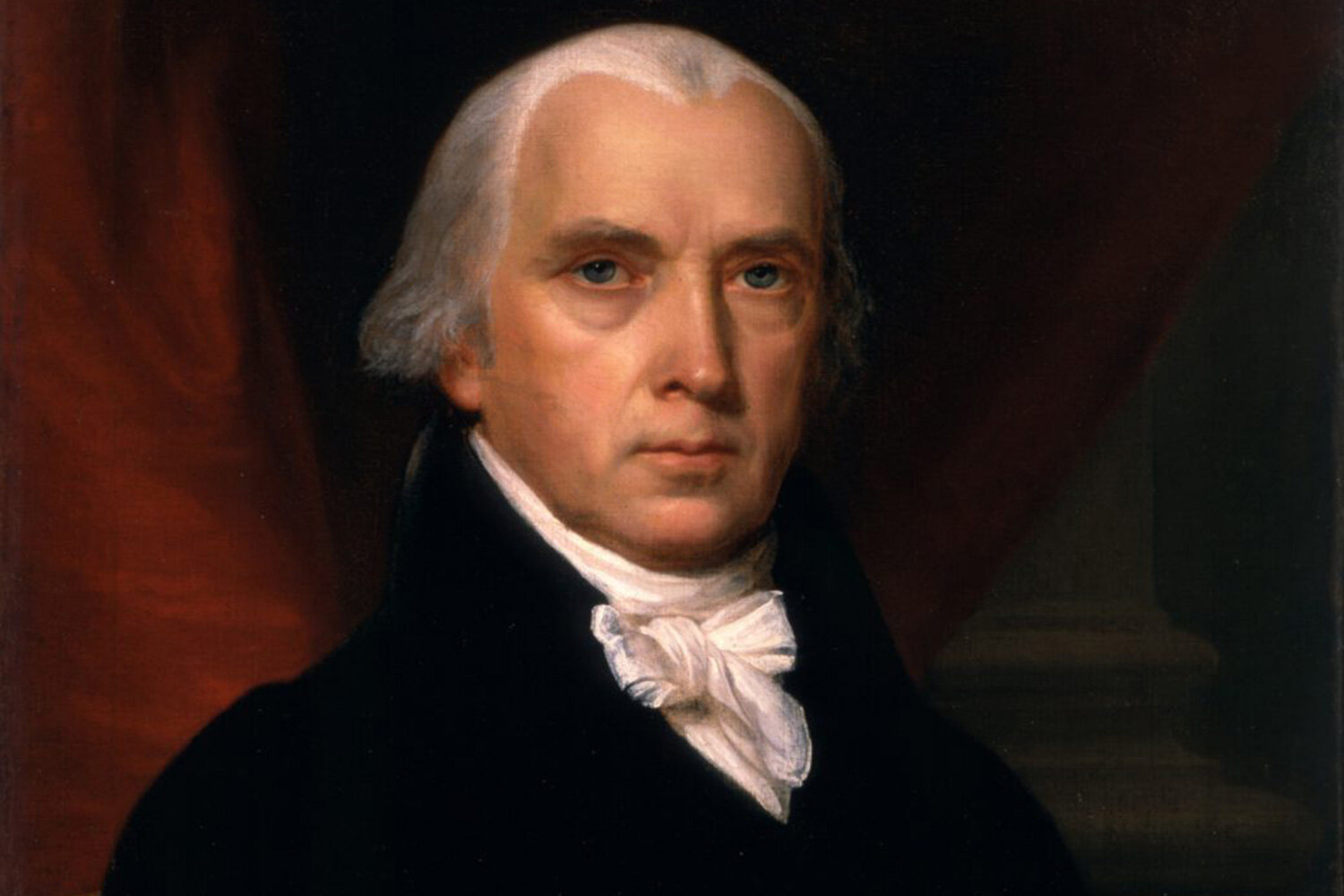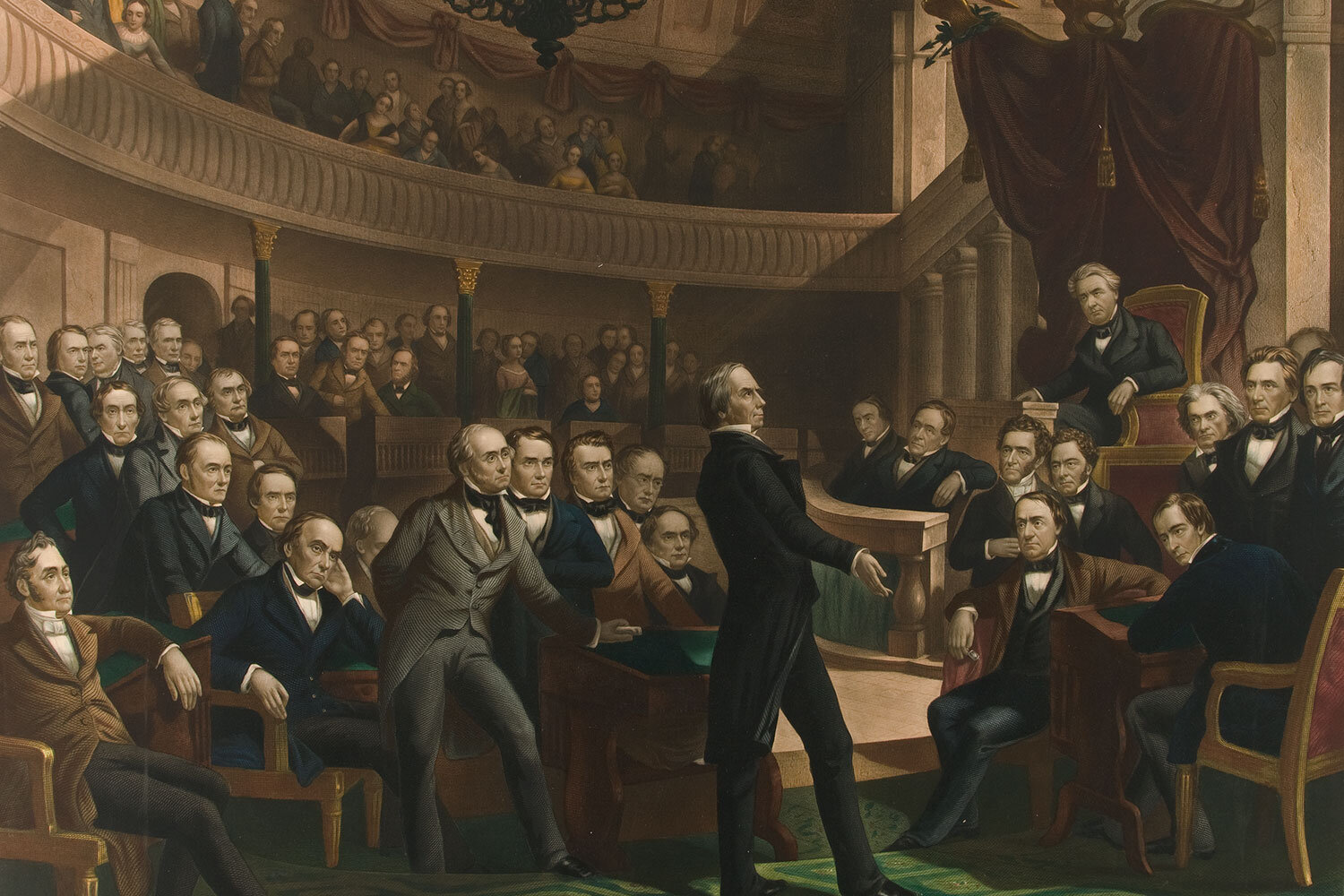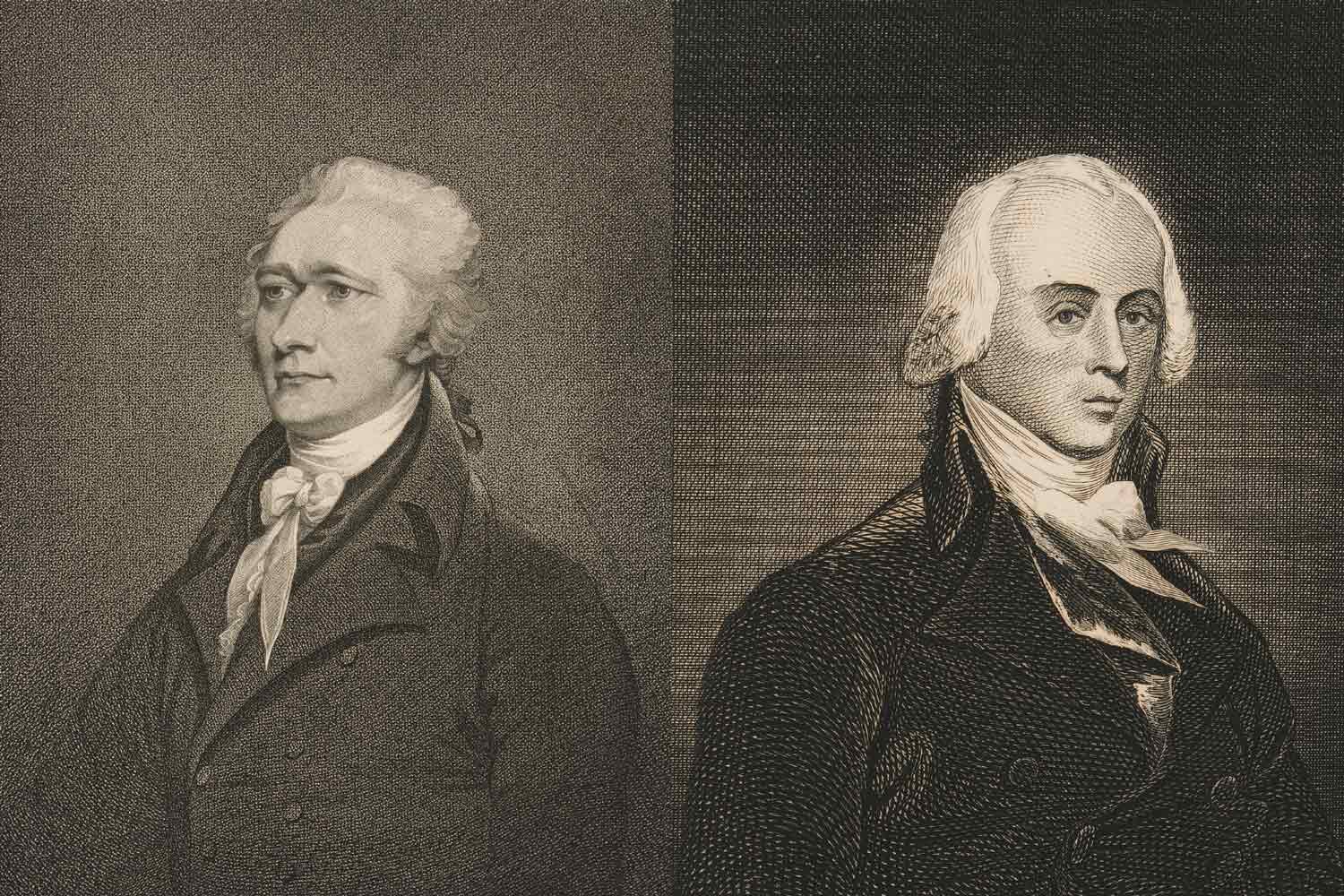

The Bill of Rights: First Amendment - Assembly and Petitioning
Beyond the freedoms of religion and speech we previously discussed, there are two other equally important rights granted to the people in the First Amendment that receive less fanfare. These are the rights to peaceably assemble and to petition the government to correct a wrong.

The Bill of Rights: First Amendment - Speech
The First Amendment clause forbidding Congress from “abridging the freedom of speech, or of the press” essentially means we can say and print what we want, to include making negative comments about the government. Prior to our Bill of Rights, this concept was unheard of.

The Bill of Rights: First Amendment - Religion
The First Amendment is arguably the most important one in the Constitution, as it encompasses six essential rights. It covers everything from religious matters to what we can say to how we can pursue grievances against the government.

The Bill of Rights: Debate
Soon after the proposed Constitution was circulated to the state legislatures for approval, it came under criticism for several supposed faults, but primarily for its lack of a bill of rights. The group opposing the new Constitution became known as “Anti-Federalists” and were led by George Mason of Virginia and Elbridge Gerry of Massachusetts.

The Bill of Rights: Background
The first ten amendments to the Constitution, better known as the Bill of Rights, are what allow us to enjoy many of the day to day blessings of our great country. Freedoms easily taken for granted are enshrined in these revisions to the original document. While the Constitution shaped our government; the Bill of Rights shaped our lives.

Our National Anthem
The Star Spangled Banner, our national anthem, is a beautiful song. It was written as a poem entitled “The Defence of Fort M’Henry” by Francis Scott Key on September 14, 1814, the day after a terrible bombardment of Fort McHenry in Baltimore Harbor by British forces in the War of 1812.

Our History of Divided Government
America has had two dominant political parties for most of its history. From Federalists versus Democratic-Republicans at our founding to Whigs and Democrats in the mid-1800’s to today’s Republicans and Democrats, two political parties have almost always vied for power in this country.

Creating the Constitution: Slavery
When the Founders met in Philadelphia in the summer of 1787 to frame a new form of government, one of the most troublesome questions was what to do about slavery. To understand their dilemma, we must first consider the world view of it at the time and the practical issues associated with its abolition in the United States.

Creating the Constitution: Representation in Congress
The Constitutional Convention was arguably the most important meeting in our nation’s history. It was there our Founders framed the revolutionary form of government that was to shape America, as well as many other nations around the globe. But it was not without its detractors and disagreements.

Creating the Constitution: The Executive
One of the major defects in the Articles of Confederation was the lack of an executive, that single individual who was to some degree in charge of the nation. When the Constitutional Convention met in Philadelphia in the summer of 1787, this flaw was addressed and the amount of authority to be vested in the office was a major point of contention.

Creating the Constitution: Electoral College
The Electoral College was an idea created by our Founders at the Constitutional Convention in 1787 detailing how our country would elect the President of the United States. Although some consider it a relic from the past, our Founders put a lot of thought into this electoral system and the rationale behind it is sound.

Creating the Constitution: Overview
The United States Constitution is arguably the most important legislative document ever written. It has not only shaped our great country, but also influenced many other democracies around the world.




